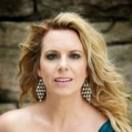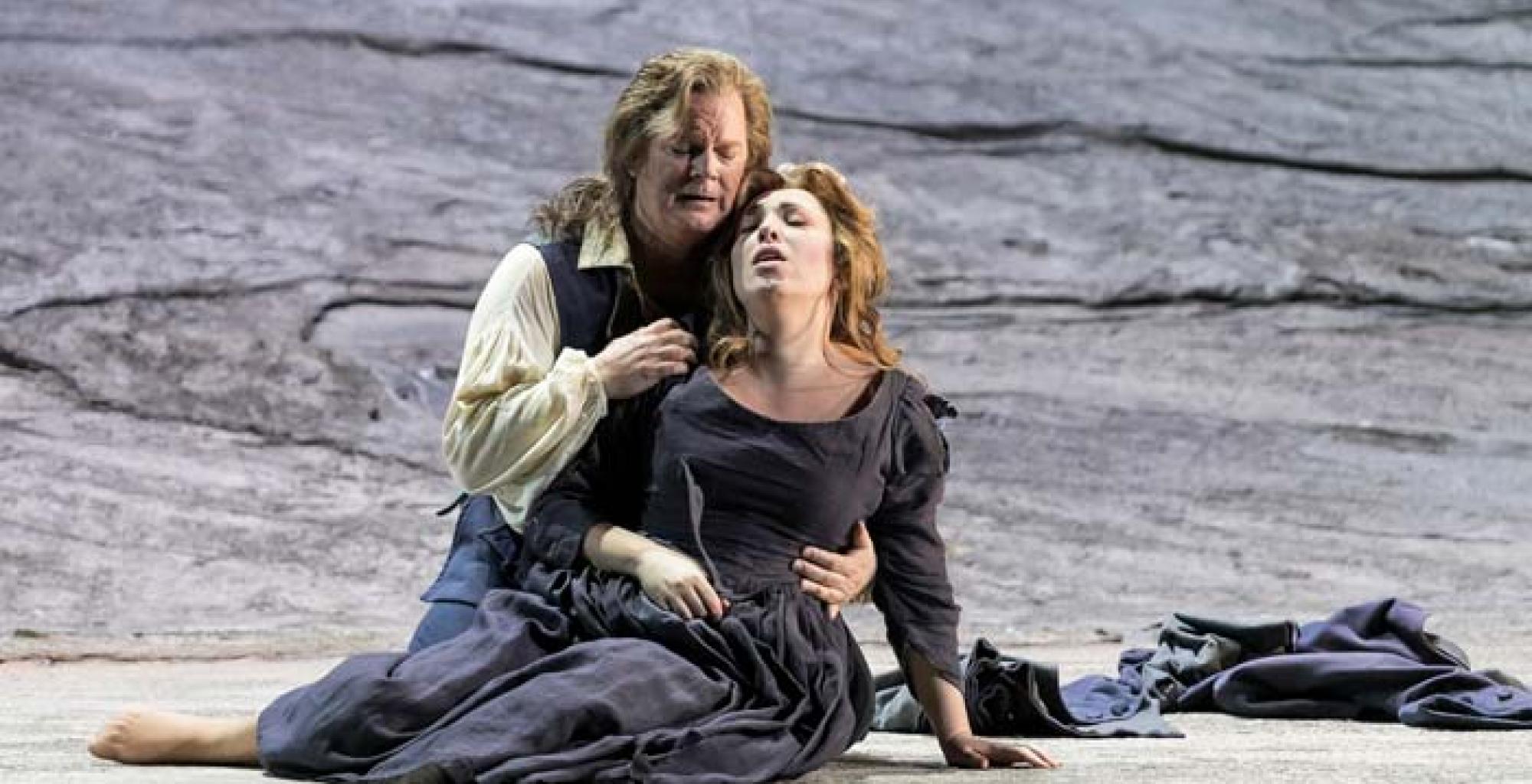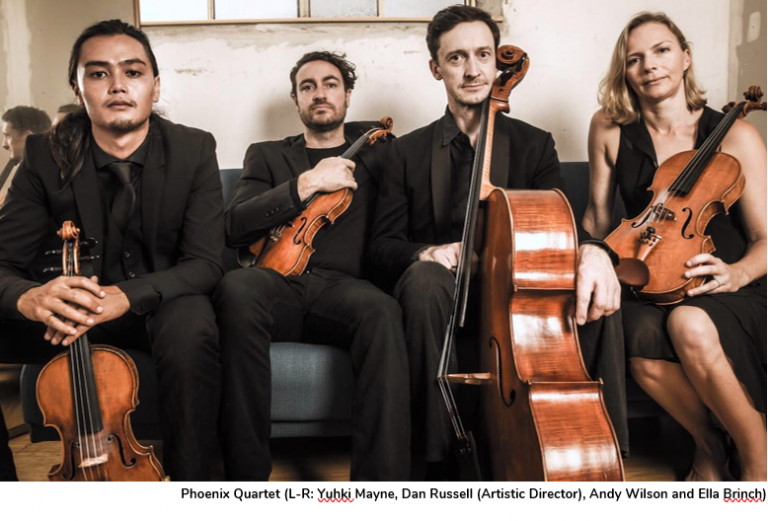fiona campbell crosses into counter te(nor)ritory – handel with the abo
 “Meet Fiona Campbell” says the media release. “Venus in voice and form” (Opera-Opera). This mezzo–soprano could have been created by Botticelli – cascading tresses and a goddess gown. Over the page, a complete contrast as she stands arms akimbo. The manicured nails and chandelier earrings prevail, yet the hair is tied back, and Campbell wears a mannish shirt and tie. The eyes are challenging, almost defiant as she presents repertoire that has been the traditional domain of castrati.
“Meet Fiona Campbell” says the media release. “Venus in voice and form” (Opera-Opera). This mezzo–soprano could have been created by Botticelli – cascading tresses and a goddess gown. Over the page, a complete contrast as she stands arms akimbo. The manicured nails and chandelier earrings prevail, yet the hair is tied back, and Campbell wears a mannish shirt and tie. The eyes are challenging, almost defiant as she presents repertoire that has been the traditional domain of castrati.
For the past 21 years, only countertenors have sung these roles with the Australian Brandenburg Orchestra, with whom Campbell will perform in “Haunting Handel”, a programme of Baroque arias by Vivaldi and Handel.
Asked what the mezzo soprano voice brings to this repertoire that is different to the castrato, Campbell points to the difference in the depth and the colour of the mezzo soprano voice. Hers especially, she says, has a distinctive roundedness and a resonance in the timbre. Yet there are similarities as well – she believes there is a brightness of tone which resembles a castrato. Ultimately, the answer to this question is to go along and hear her for yourself.
Campbell confesses to being excited by the da capo aria form, where the melody of the final section is an elaborated repeat of the first section. It is the opportunity for performers to flaunt their technique and knowledge of style in creating and performing the ornaments. It makes the performance unique to that individual.
Campbell has created the ornaments herself, to thrill and excite within the underlying character of the piece. “Not totally wild but musically working the aria to its limits, remaining recognizable, but very playful.” The effervescence in her voice is unmistakable.
Asked if she has a favourite amongst the programme, she admits to loving all the Handel arias, but especially relishes singing Lascia ch’io pianga (Rinaldo) because it is sung by a soprano in the opera and therefore one that Campbell can only sing in concert.
She is cautious about the seeming simplicity of the Baroque repertoire, pointing out how it exposes the voice so comfortingly. “The voice is the other musical line – the obbligato – in the ensemble. The challenge is to get beyond the notes and the technicality and transport the audience to what the composer is really trying to say”.







